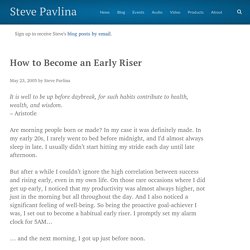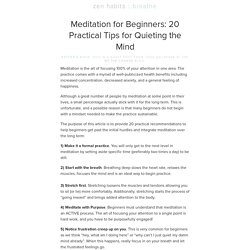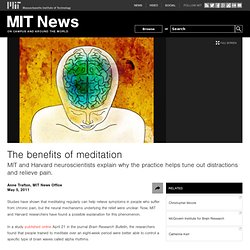

Brain-training games stop depression before it starts - health - 01 November 2011. It may be possible to stave off depression before it even appears using brain-training software so simplistic in its design that even the psychologist testing it once bet it wouldn't work.

Ian Gotlib's group at Stanford University, California, studies girls aged 10 to 14 years whose mothers suffer from depression. Such girls are thought to be at higher-than-normal risk of developing the condition themselves, in part because they may inherit their mothers' tendency to "amplify" unpleasant information. Although none of the girls has yet experienced a depressive episode, Gotlib has found that their brains already overreact to negative emotional stimuli – a pattern they share with their mothers and other depressed people. Gotlib is studying whether these young subjects can use interactive software and brain-imaging hardware to "rewire" their brains by unlearning this negative bias. Accentuate the positive More From New Scientist Billiard table chaos wins $1 million maths prize (New Scientist) Start Your Day in 33 Different Ways. Mornings are underrated.
I consider them fundamental for the whole diurnal experience. What you do in the very first moments of your morning will fundamentally and inexorably shape your entire day. Most of the time you spend your mornings by routinely performing some habits, on auto pilot. Hence, your days will routinely unfold towards you, the same way day after day, on auto pilot. Consciously inserting your intentions in these very first moments will have a huge effect. Here are at least 33 ways in which you can transform your days by only spending 5 minutes every morning. 1. I love the morning stillness and the unspoken promise of something ready to start. How to Become an Early Riser.
It is well to be up before daybreak, for such habits contribute to health, wealth, and wisdom. – Aristotle Are morning people born or made?

In my case it was definitely made. In my early 20s, I rarely went to bed before midnight, and I’d almost always sleep in late. I usually didn’t start hitting my stride each day until late afternoon. But after a while I couldn’t ignore the high correlation between success and rising early, even in my own life. . … and the next morning, I got up just before noon. Hmmm… I tried again many more times, each time not getting very far with it. It’s hard to become an early riser using the wrong strategy. The most common wrong strategy is this: You assume that if you’re going to get up earlier, you’d better go to bed earlier. It seems there are two main schools of thought about sleep patterns.
The second school says you should listen to your body’s needs and go to bed when you’re tired and get up when you naturally wake up. Top 10 Conversation Hacks. 21 Habits of Happy People. Contributed by Cindy Holbrook “Happiness is a habit – cultivate it.” ~ Elbert Hubbar Happiness is one aspiration all people share.

No one wants to be sad and depressed. We’ve all seen people who are always happy – even amidst agonizing life trials. I’m not saying happy people don’t feel grief, sorrow or sadness; they just don’t let it overtake their life. 60 Ways To Make Life Simple Again. Meditation for Beginners: 20 Practical Tips for Quieting the Mind. Editor’s note: This is a guest post from Todd Goldfarb at the We The Change blog.

Meditation is the art of focusing 100% of your attention in one area. The practice comes with a myriad of well-publicized health benefits including increased concentration, decreased anxiety, and a general feeling of happiness. Although a great number of people try meditation at some point in their lives, a small percentage actually stick with it for the long-term. This is unfortunate, and a possible reason is that many beginners do not begin with a mindset needed to make the practice sustainable. The purpose of this article is to provide 20 practical recommendations to help beginners get past the initial hurdles and integrate meditation over the long term: 1) Make it a formal practice. 2) Start with the breath. 4) Meditate with Purpose.
The benefits of meditation. Studies have shown that meditating regularly can help relieve symptoms in people who suffer from chronic pain, but the neural mechanisms underlying the relief were unclear.

Now, MIT and Harvard researchers have found a possible explanation for this phenomenon. In a study published online April 21 in the journal Brain Research Bulletin, the researchers found that people trained to meditate over an eight-week period were better able to control a specific type of brain waves called alpha rhythms. “These activity patterns are thought to minimize distractions, to diminish the likelihood stimuli will grab your attention,” says Christopher Moore, an MIT neuroscientist and senior author of the paper. “Our data indicate that meditation training makes you better at focusing, in part by allowing you to better regulate how things that arise will impact you.” A 1966 study showed that a group of Buddhist monks who meditated regularly had elevated alpha rhythms across their brains.